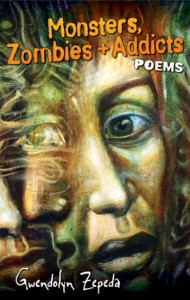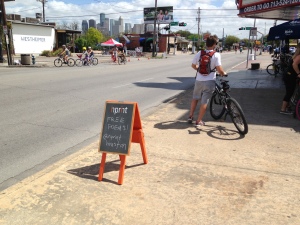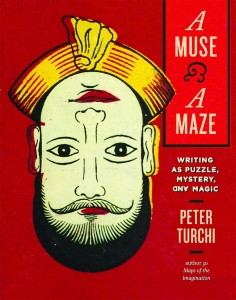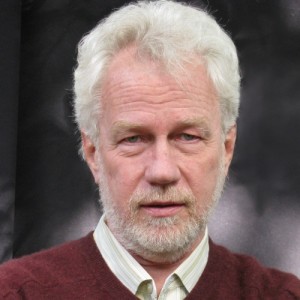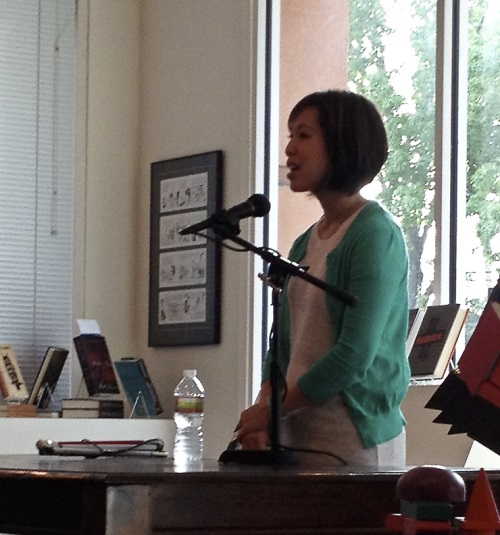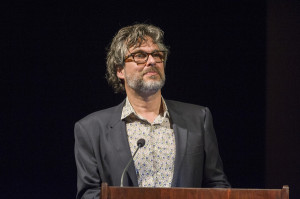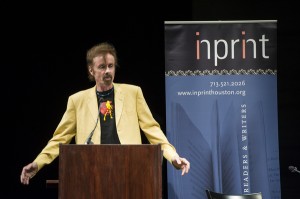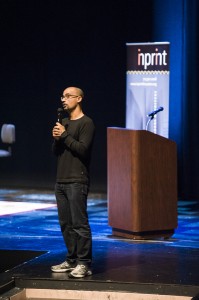To get the news from poems: Why Sara Cress’s “Breaking Poems” project is worth reading closely
March 30, 2016, by Allyn West
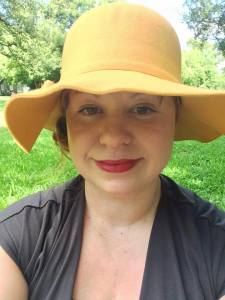 Every night before bed, Sara Cress writes poetry in response to the headlines she’d spent the day surrounded by in her job. She posts most of her poems to her Tumblr site, but she has also published two slim volumes of them: Breaking Poems and 2015 Yearbook.
Every night before bed, Sara Cress writes poetry in response to the headlines she’d spent the day surrounded by in her job. She posts most of her poems to her Tumblr site, but she has also published two slim volumes of them: Breaking Poems and 2015 Yearbook.
She identifies with a migratory songbird, “a mere puff,” she writes. She grieves the attacks in Paris. She, like most of the Internet, laments the revelation that bacon is very likely carcinogenic.
Cress, who received her degree in creative writing from the University of Houston, is making two essential assumptions. One is that poetry has something to say to the news. You’re probably familiar with that William Carlos Williams phrase — if you’ve shopped at Barnes & Noble, you’ve seen it on a tote bag: “It is difficult / to get the news from poems / yet men die miserably every day / for lack / of what is found there.” For Cress, it seems so. There is something about poetry — its complexity, its empathy — worth taking to the news of the day. The day, that is, we live in now: a day on Twitter and Facebook and Instagram, scrolling, scrolling, where authority is dictated by “pageviews” and trending topics are flimsy as fame. “Poetry is the way I’ve always responded to sadness and frustration,” writes Cress in an email. “I started writing [the breaking poems] for me. … But a few months in I started to see that I was interpreting the news in a way that perhaps made it more palatable and heightened emotions about worn topics.”
It reminds me of something that James Kastely, Director of the Creative Writing Program at UH, once wrote: ““If there is any problem it is not that there is an excess of rhetoric but rather that there is not enough.” Continue reading


